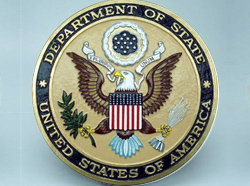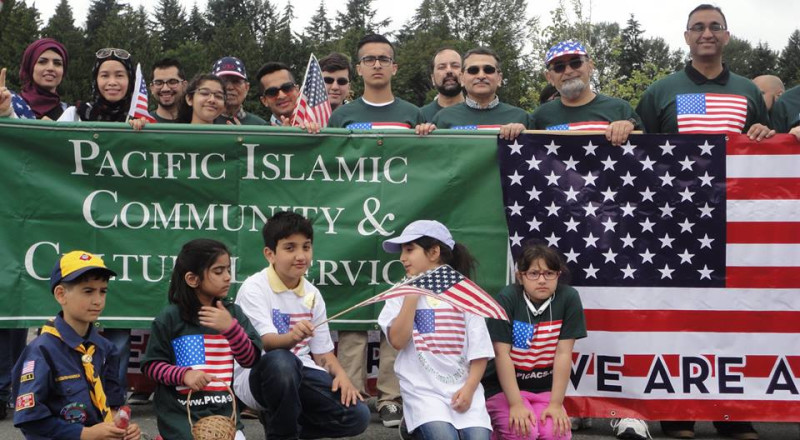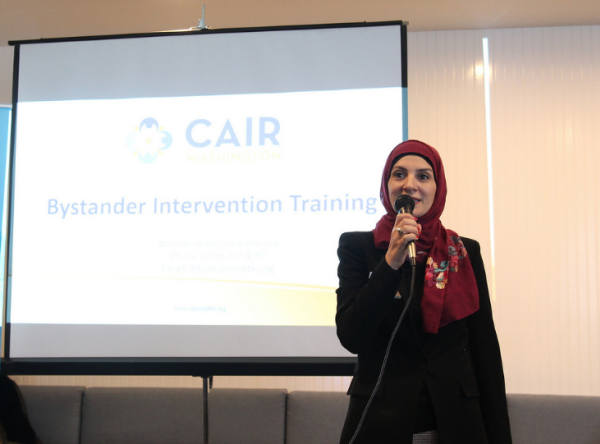
Visa applicants like Washington State residents Mustafa[1] and his sister Hajrah* have had a hard time determining what photo requirements they should follow when applying for a visa.
Generally, travelers can visit the US Department of State (“State Department”) website to find out how they should dress and what sort of attire is appropriate for visa photos.
But many embassies have requirements that are different from those indicated on the State Department’s website.The policy set forth by the State Department instructs visa applicants to “not wear a hat or head covering that obscures the hair or hairline, unless worn daily for a religious purpose.” This policy allows religious dress, which covers the hairline and ears of Muslim women, to be worn in visa photographs.
Contrary to this policy, the embassy in Islamabad, Pakistan asks Muslim women to expose their hairline and ears in their visa photographs. Visa applicants in Islamabad are asked to complete their visa requests by going to an American Express branch. Photos sent by Muslim women that cover the ears and hairline are denied by American Express employees, even though, the State Department, according to its web site, clearly allows religious dress to be worn in visa photos.
Another example of inconsistency in policy is with the U.S. Embassy in Riyadh, Saudi Arabia. The Riyadh embassy accepts photographs when the head scarf covers the ears, but rejects photographs that do not expose the hairline. It seems applicants who wear a head scarf for religious purposes are still being asked to expose their hairline, in contradiction to Islamic teachings regarding head covering, and in direct contradiction to the stated policy on the Department of State website.
On July 11, 2013, Mustafa contacted CAIR-WA asking for advice on the next steps as a visa applicant trying to understand these inconsistent requirements, and for help on how to ensure these guidelines are applied uniformly so they accommodate the needs of the Muslim community.
CAIR-WA sent a letter to the US Department of State, asking the agency clarify its policy regarding religious head wear and to disperse this policy to their associated embassies that process visa applications. The letter urged the Department to recognize that their policy which allows visa applicants to wear religious attire in their photographs is only effective when all affiliates follow the policy. The complaint has been sent to the Department of State and a response is anticipated shortly.
Because Mustafa reported the inconsistency to CAIR-WA, we will now be able to address this policy issue and possibly make a worldwide impact – by affecting practices of US embassies worldwide – so that fewer hurdles faced by the Muslim community when travelling. Additionally, because he reported the inconsistencies, he was able to understand the policies and avoid having his letter rejected by the embassies.
If you or someone you know has had a similar experience to Mustafa, please contact CAIR-WA to report the incident so that we can see how we can help resolve the issues. You may contact us at This email address is being protected from spambots. You need JavaScript enabled to view it. or by phone at 206.367.4081.
[1] Name has been changed to protect privacy.















